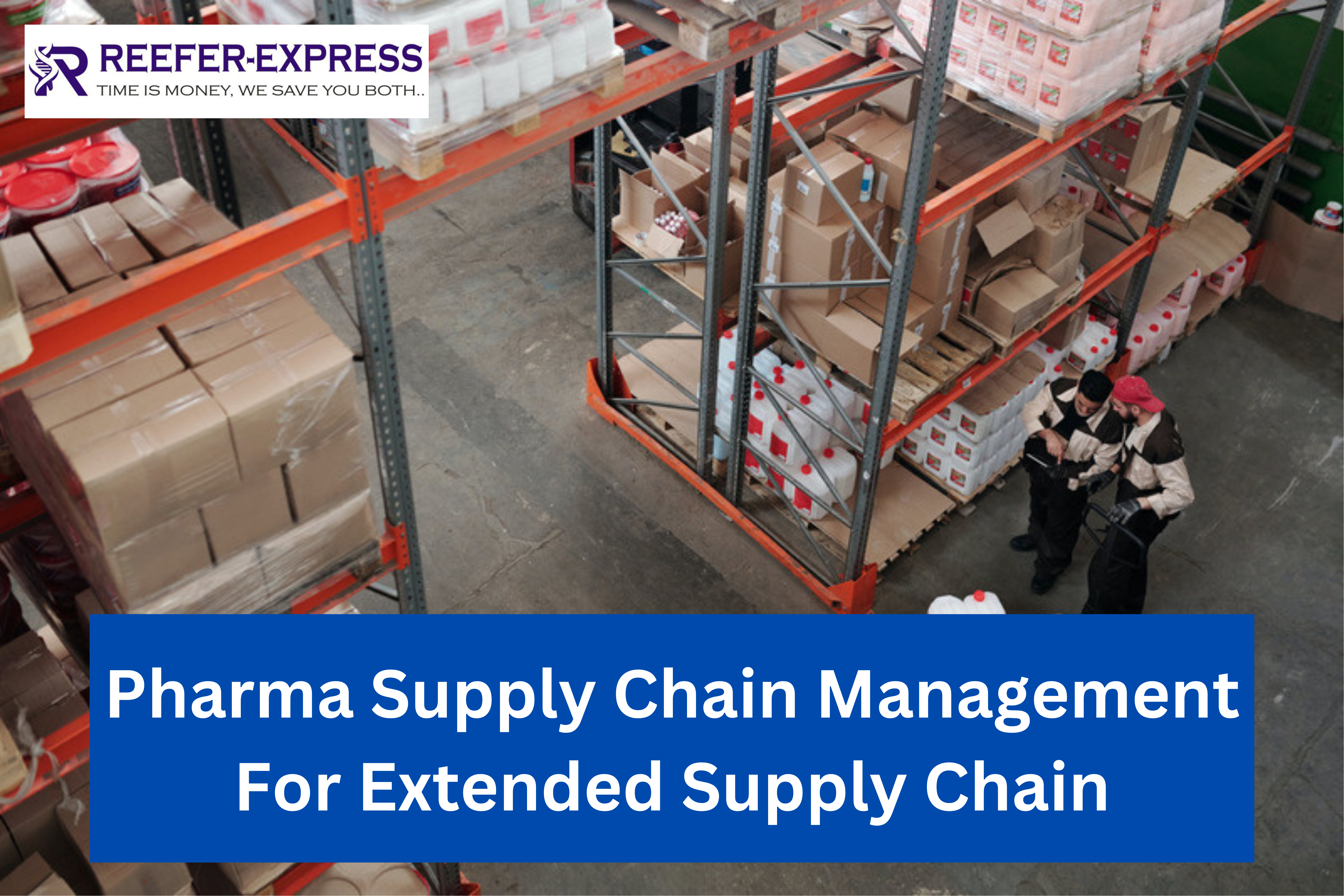The Pharmacy Supply Chain Management (PSCM) system is designed to allow the pharmaceutical industry to take a more proactive approach to managing its supply chain. The system provides a comprehensive platform that allows companies to track, monitor, and control all aspects of their supply chain operations. It enables them to identify any weak points or areas of non-compliance and to ensure that the right products and services are delivered in a timely manner.
The PSCM system is designed to increase efficiency and reduce costs by streamlining supply chain activities, as well as providing a better understanding of customer needs and preferences. The platform can help companies gain visibility into all areas of their operations, including purchase orders, invoices, inventory levels, and customer orders. With this information, companies can better determine optimal pricing strategies and delivery times to maximize profits.
Today, pharmaceutical firms face a wide array of obstacles in their pursuit to produce innovative medical solutions. How can they overcome these challenges? This article takes a look at the top barriers facing pharma companies and outlines how these businesses can embrace change and use technology as an effective tool for success.
Top Challenges for Pharma Companies
The pharmaceutical supply chain is an incredibly intricate, worldwide mechanism of organizations and processes designed to provide safe medicines. From the source manufacturing all the way down to patient usage, there is a multitude of stakeholders involved such as factories, suppliers, drug stores and healthcare facilities – working together in harmony for successful delivery.
To remain competitive, pharma companies must stay abreast of the ever-changing landscape in terms of regulations and technology. Familiarizing themselves with emerging trends is essential to ensure they can better handle the demands facing them – today and tomorrow.
Here are some of the top challenges that pharma companies will face in 2025:
- Drug shortages: the increased complexity of the supply chain due to the growing number of stakeholders involved, means it is becoming difficult to accurately forecast drug shortages and quickly respond with alternative solutions.Costly regulatory compliance: pharmaceutical companies must comply with various government regulations in order to operate safely and efficiently. Failure to do so can result in costly fines or even closure of facilities.
- Counterfeiting: the increasing sophistication of counterfeiters means they can mimic genuine products, making it difficult for pharma companies to differentiate between authentic and fake items.
- Data security: with rising cyber threats and the increased use of electronic patient data, pharmaceutical companies must stay vigilant about protecting their systems from unauthorized access or tampering. By embracing technological advancements and taking a proactive approach to managing the supply chain, pharma companies can overcome these challenges and create a more efficient and cost-effective system.
- Complex regulatory surroundings: Navigating the ever-shifting sea of regulations is a challenge for pharma companies, who must constantly be on watch to make sure their practices stay compliant. Failure to do so can result in serious financial consequences ranging from heavy fines and penalties. Keeping up with regulatory changes has become an essential part of doing business!
- 5. Data-driven decision making: The pharma industry is incredibly data-driven which means that companies must be able to analyze and leverage their data in order to make informed decisions. This can seem daunting but with the right technology, companies can use Big Data analytics and AI tools to gain insights into customer behavior, market trends, and more.
- Growing demand for personalized medicine: As the healthcare industry shifts towards personalized medicine, pharma companies must be able to adapt their production in order to meet these demands. This means they must have a deep understanding of customer needs and preferences, which can be gained through data-driven decision-making.
- Multi-channel sales: As competition increases and consumers look for more convenience, pharma companies must be able to quickly and easily respond to changing customer demands. This means they must have a multi-channel sales strategy in place in order to offer consumers multiple options for purchasing medications.
- Cost pressures: In the pharmaceutical industry, cost containment is no longer an option but a necessity. Companies are finding themselves in competition against rising prices for manufacturing and distribution of products as well as increasingly expensive compliance costs. To succeed businesses need to adapt quickly and find innovative ways to reduce these financial pressures before they become overwhelming.
How the Pharma Supply Chain Will Evolve in 2025
As the pharma industry continues to evolve, so too must its supply chain. Companies need to embrace these upcoming trends in order to remain competitive and ensure their success. Here are some of the ways that the pharma supply chain will change over the next five years:
1. Automation: Automated systems have become increasingly popular for streamlining the supply chain and increasing efficiency. Companies will need to invest in automated solutions to make sure they are able to quickly adapt and respond to customer demands and stay ahead of the competition.
2. Improved transparency: To remain compliant, companies must have an accurate picture of their entire operations – from start to finish. Increased transparency throughout the supply chain will allow companies to better manage their inventory, track shipments, and ensure accuracy of orders.
3. Incorporation of IoT technology: The pharma industry is beginning to take advantage of the Internet of Things (IoT), which will help them monitor their operations more closely and efficiently. With these connected devices they can gain real-time insight into the supply chain and quickly respond to any issues that may arise.
4. Increased focus on product safety: The importance of providing safe, effective drugs will be paramount in 2025. Companies must ensure they have a secure system in place for tracking product movement, as well as monitoring expiration dates and other quality control measures.
5. Big Data analytics: Big data will be essential to understanding customer behaviour and preferences. Pharma companies must embrace this technology in order to gain insights into customer needs and develop strategies that meet those demands.
6. Collaboration between stakeholders: To remain competitive, pharma companies need to collaborate more closely with their suppliers, distributors, retailers, and other stakeholders in the supply chain. This will help them to identify areas where they can cut costs, streamline operations, and find new opportunities for growth.
Pharma supply chain management has evolved in order to meet the demands of a rapidly changing industry. It is essential for companies to stay abreast of emerging trends and invest in technology such as automation, IoT devices, and Big Data analytics in order to ensure their success. The key is to embrace change and adopt an innovative, data-driven approach in order to remain competitive and profitable in the long run.
How Pharma Companies Can Adapt to Change
Pharma companies must be ready to tackle the challenge of staying ahead of industry transformation. Strategic investments in modern supply chain technology and solutions will help them stay on top, as well as be able to quickly adapt should any disruptions occur. Companies that are prepared for these shifts now can best position themselves for success in a rapidly evolving pharma space.
Companies need to be proactive in finding innovative solutions and new opportunities for growth, such as expanding into fresh markets or introducing additional products. By joining forces with other organizations that have similar goals, they can stay competitive while creating the most effective pharma supply chain strategies possible.






